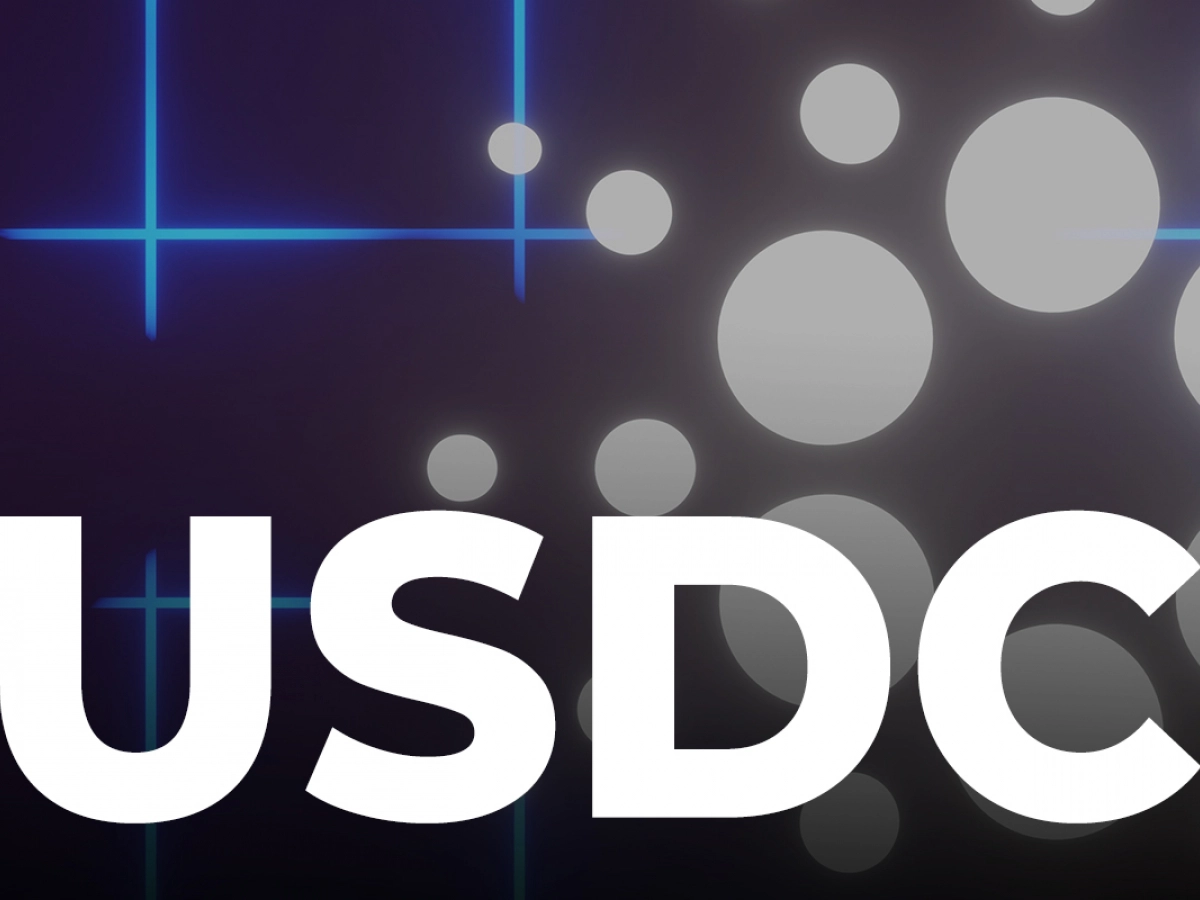
USDC from Ethereum can now flow into Cardano
Ethereum’s USDC can now enter Cardano via the Iagon Bridge, built so that tokens from different blockchains (Ethereum and Cardano) can interact. Iagon Token Bridge was recently launched in beta and is a token converter designed to unbox and package Iagon Native Asset (IAG) tokens on the Ethereum and Cardano blockchains. While support for other ERC-20 tokens may be added in the future, the bridge does support USDC for now, however.
According to the latest weekly report by Cardano’s parent company, IOHK, the closed Vasil testnet has already been launched to assess its functionality with a select group of dApps and users. The Cardano team continues to work on consensus-specific enhancements in anticipation of the Vasil Hard Fork Combinator (HFC) event in June.
Cardano blockchain could see an influx of lending apps after Vasil HFC
Expectations continue to be in place for the hard fork combiner event, with the community speculating that Vasil could help with the influx of lending applications on the Cardano blockchain.
According to Cardano blockchain Insights, Cardano recorded 343,453 payments over 24 hours. In this context, payments are transactions on account-style blockchains like Ethereum. With this figure, an effective PPS (payments per second) of 3.96 at an effective block capacity of 80% is arrived at. The upcoming Vasil update will introduce four different CIPs: CIP-31 (Reference Inputs), CIP-32 (Inline Datums), CIP-33 (Reference Scripts) and CIP-40 (Collateral Outputs), according to IOHK.
Explaining how the Vasil Hard Fork could contribute to an influx of lending apps, Cardano Blockchain Insights wrote, “After the Vasil hard fork, if dApp developers start using CIP-33 and user batch transactions, we We can expect at least a (conservatively) x10 minimum of this value at around 40 PPS, but closer to 250 PPS This should enable a wide range of applications (e.g. lending dApps) to finally be online.”
Overall, the goal of reference scripts (CIP-33) is to lower transaction costs. Currently, new scripts need to be included in each transaction. Scripts can be interacted with using reference scripts, which pushes them onto the chain. As a result, smart contracts interaction is reduced to a bare minimum.
The next Vasil Hard Fork could be available on the public testnet in early June, with the mainnet launch scheduled for June 29. ADA was trading at $0.46 at press time.


















